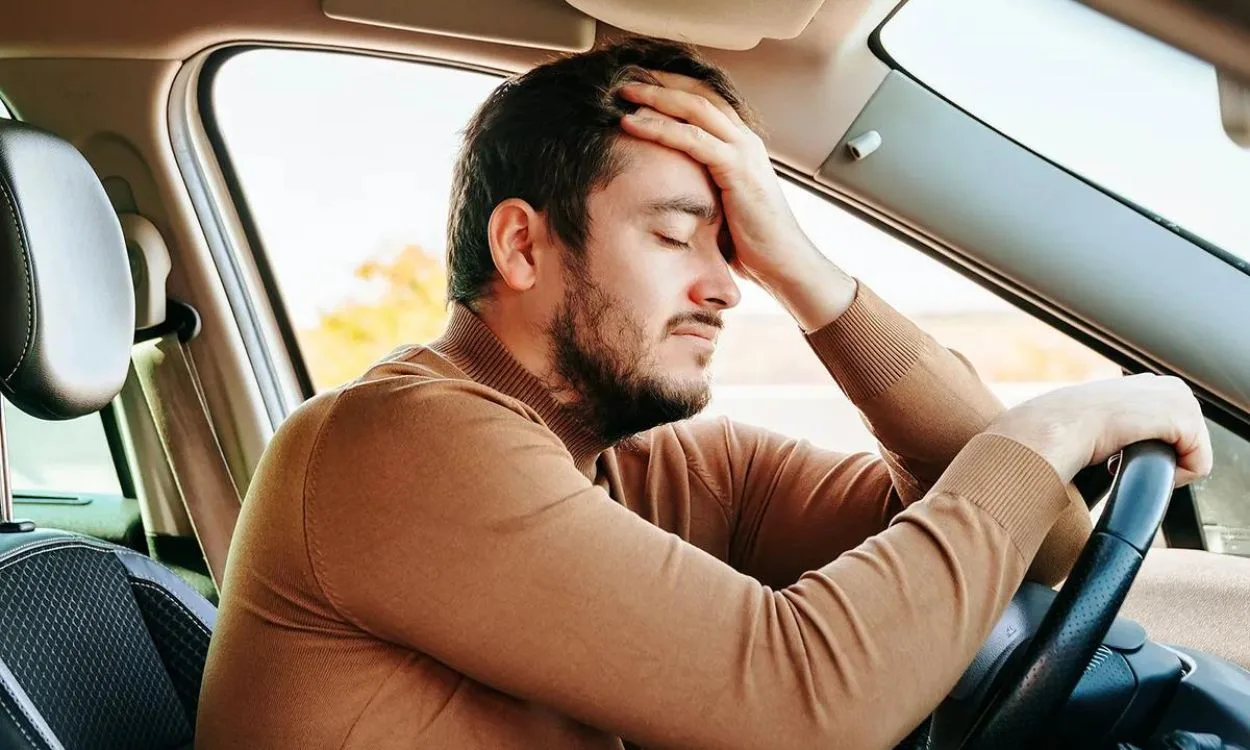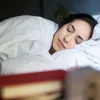The Hidden Dangers of Sleep Deprivation: How Lack of Sleep Increases the Risk of Accidents
The Silent Epidemic of Sleep Deprivation
In today’s fast-paced world, sleep often takes a backseat to work, social activities, and entertainment. However, the impact of sleep deprivation is far more severe than just feeling groggy and irritable. Chronic lack of sleep can lead to numerous health issues, and one of the most alarming is the increased risk of accidents. In this article, we delve into the hidden dangers of sleep deprivation and how it significantly raises the likelihood of accidents in various aspects of life.
Cognitive Impairment and Reaction Time
One of the primary effects of sleep deprivation is cognitive impairment. When you don’t get enough sleep, your brain’s ability to function diminishes. This includes slower reaction times, reduced attention span, and impaired judgment. For instance, a study conducted by the Central Road Research Institute found that drivers who slept less than 6 hours a night had a significantly higher risk of being involved in road accidents. The reduced reaction time can be the difference between avoiding a collision and becoming part of one.
Microsleeps: The Unseen Danger
Microsleeps are brief episodes of sleep that last only a few seconds. They occur when a sleep-deprived person temporarily loses consciousness without realizing it. Microsleeps are especially dangerous when performing tasks that require continuous attention, such as driving or operating heavy machinery. Imagine dozing off for just a few seconds while driving on a highway—this can lead to catastrophic accidents.
Poor Decision-Making
Sleep deprivation affects the prefrontal cortex of the brain, which is responsible for decision-making and problem-solving. When you’re sleep-deprived, your ability to make sound decisions is compromised. This can lead to risky behaviors, such as ignoring safety protocols, taking shortcuts, or engaging in distracted driving. In high-stakes environments like construction sites or hospitals, poor decision-making can have fatal consequences.
Workplace Accidents
The workplace is another area where sleep deprivation can lead to accidents. According to the National Institute of Occupational Health, sleep-deprived workers are more likely to be involved in workplace accidents. This is particularly relevant in industries that require high levels of concentration and physical activity, such as manufacturing, construction, and healthcare. Fatigued workers are prone to making errors, which can result in injuries and even fatalities.
Impact on Mental Health
Chronic sleep deprivation can also take a toll on your mental health, leading to issues like anxiety and depression. Mental health problems can further impair your ability to focus and react appropriately in critical situations. For example, a study published in the Indian Journal of Psychiatry found that individuals with sleep disorders were more likely to experience accidents due to impaired mental functioning.
The Vicious Cycle of Sleep Deprivation and Accidents
The relationship between sleep deprivation and accidents is often cyclical. Lack of sleep leads to accidents, which can cause stress and anxiety, further disrupting sleep patterns. This vicious cycle can be difficult to break without intervention.
How to Combat Sleep Deprivation
Understanding the risks associated with sleep deprivation is the first step in mitigating its effects. Here are some practical tips to ensure you get enough sleep:
– Maintain a Regular Sleep Schedule: Go to bed and wake up at the same time every day.
– Create a Restful Environment: Make your bedroom conducive to sleep by keeping it dark, quiet, and cool.
– Limit Screen Time: Avoid screens at least an hour before bedtime as the blue light can interfere with your sleep.
– Exercise Regularly: Regular physical activity can help you fall asleep faster and enjoy deeper sleep.
– Avoid Stimulants: Limit your intake of caffeine and nicotine, especially in the evening.
How Fitpaa Can Help You Achieve Better Sleep and Overall Wellness
While understanding the importance of sleep is crucial, taking actionable steps to improve your sleep and overall health can be challenging. This is where Fitpaa comes into play. Fitpaa is not just a health app; it’s your personalized wellness companion designed to help you achieve your health and fitness goals with guaranteed results.
Why Fitpaa?
At Fitpaa, we believe that a well-rounded approach to health includes optimizing your sleep. Our AI-driven Metabolism Monitoring and Management Technology provides personalized insights into your sleep patterns and offers actionable recommendations to improve your sleep quality.
The Fitpaa Capsule
Our unique Fitpaa Capsule is a comprehensive health and fitness plan tailored to your specific needs. It includes medical therapy, medical exercise therapy, medical nutrition therapy, and cognitive behavioral therapy. By optimizing your metabolism, the Fitpaa Capsule helps you achieve your health and fitness goals, including better sleep.
Real-Time Guidance
Fitpaa’s Real-Time Guidance Technology incorporates habit-building and timely nudging to keep you on track. By releasing the right doses of endorphins, dopamine, serotonin, and oxytocin, our technology ensures you stay motivated and focused on your wellness journey.
Fitpaa Mobile App
The Fitpaa mobile app makes it incredibly easy to follow your personalized plan. With features like a virtual workout trainer, diet tracker, performance tracking, and progress tracking, you’ll have all the tools you need at your fingertips. Our app also offers sleep tracking features to help you understand and improve your sleep patterns.
Join the Fitpaa Community
By downloading the Fitpaa app, you’re not just signing up for a health plan; you’re joining a community committed to achieving optimal health and well-being. With the support of our expert team of fitness coaches, nutritionists, and doctors, you’ll be well on your way to achieving your health and fitness goals.
Conclusion
Sleep deprivation is a silent epidemic that significantly increases the risk of accidents in various aspects of life. Understanding its dangers and taking steps to improve your sleep can have a profound impact on your overall health and safety. Fitpaa is here to support you every step of the way, offering personalized, science-backed solutions to help you achieve better sleep and overall wellness. Download the Fitpaa app today and take the first step towards a healthier, safer, and more fulfilling life.









